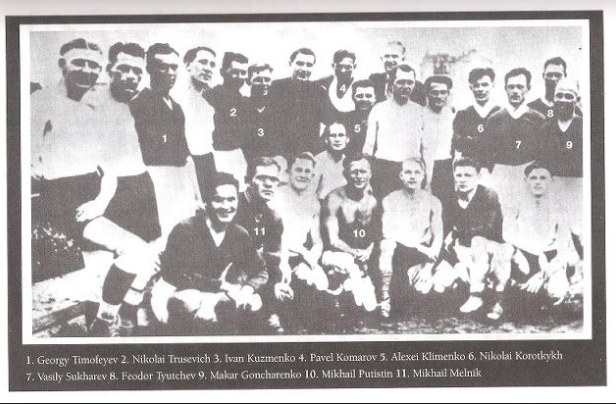Experts & Views
I am an Advocate, not an Academician. The practical impact of a judgment interests me.Subramanian Swamy v. Union of India, [Writ Petition (Criminal) No. 184 of 2014] (“Swamy”), pronounced recently, is a significant weapon in my hand.
Explanation 1 to Section 499 of the IPC reads as, “It may amount to defamation to impute anything to a deceased person, if the imputation would harm the reputation of that person if living, and is intended to be hurtful to the feelings of his family or other near relatives.”
It was contended by the learned counsel for the petitioners in Swamy that “the width of the Explanation is absolutely excessive as it enables the family members to prosecute a criminal action whereas they are debarred to initiate civil action for damages… Explanation 1 is anomalous and creates a piquant situation which can effortlessly be called unreasonable, for when a civil suit cannot be entertained or allowed to be prosecuted by the legal heirs or the legal representatives, how could they prosecute a criminal offence by filing a complaint?”
At ‘first blush’, the SC found the submission ‘attractive’. On ‘keener scrutiny’ the submission was rejected:
“Explanation 1, lays two postulates, that is, (i) the imputation to a deceased person is of such a nature that would have harmed the reputation of that person if he was living and (ii) the said imputation must be intended to be hurtful to the feelings of the family or other near relatives. Unless the twin tests are satisfied, the complaint would not be entertained under Section 199 of CrPC. The said Explanation protects the reputation of the family or relatives. The entitlement to damages for personal injury is in a different sphere whereas a criminal complaint to be filed by the family members or other relatives under twin tests being satisfied is in a distinct compartment. It is more rigorous. The principle of grant of compensation and the principle of protection of reputation of family or near relative cannot be equated. Therefore, we do not find any extra mileage is given to the legal heirs of a deceased person when they have been made eligible to initiate a criminal action by taking recourse to file a criminal complaint.”
“Reputation of one cannot be allowed to be crucified at the altar of the other’s right of free speech. The legislature in its wisdom has not thought it appropriate to abolish criminality of defamation in the obtaining social climate.”
___________
There have been cases, in the history of our democracy, where Courts have considered claims of defamation brought by the relatives of the deceased. The claims have rarely succeeded. In Luckumsey Rowji, (1881) 5 Bom 580, John Duncan Inverarity, known to rarely lose a case, fairly conceded however that although “libel on the dead has never been held to be a ground of a civil suit… it may justify a criminal proceeding”. Swamyreaffirms that position. Indeed, under Article 8 of The European Convention on Human Rights, “Everyone has the right to respect for his private and family life, his home and his correspondence” and damage to the reputation of a deceased member of a person’s family might affect one’s private life and identity, provided that there is a sufficiently close link between them (See, Putistin v. Ukraine, [2013] ECHR 16882/03). That proposition is unimpeachable before any Court of Law.
It would be interesting to recollect here an incident concerning Senior Advocate Raju Ramchandran (“Raju”). On 30th March, 2015 in an an interview issued to Bar&Bench, Raju observed, unprovoked, that Former Chief Justice of India Ajit Nath Ray was a “stooge of the ruling dispensation”. The statement caused hurt to the feelings of CJI Ray’s family as is amply evidenced by my near instant criticism of the same. The damage caused to the reputation of CJI Ray affected my private life and identity as an Advocate then, as it does now. Is this an appropriate case for a successful invocation of Explanation 1 to Section 499? Only time would tell.
The possibility of Advocates attempting to stretch the ambit of the Explanation cannot be discounted nonetheless. For one, which ‘near relative’ amongst the millions bearing the genetic legacy of Genghis Khan would initiate criminal action against me, if I were to say “Genghis was a homosexual. He hid his true sexual identity behind the pretense of excessive copulation with women”? I will not ever forget the latin maxim ‘de mortuis nil nisi bonum’, meaning ‘of the dead, nothing unless good’. I hope, Dear Reader, you will not too. That would be all.
This post was first published here.
Also read: Section 499 of the IPC I

threads most popular
thread most upvoted
comment newest
first oldest
first
threads most popular
thread most upvoted
comment newest
first oldest
first